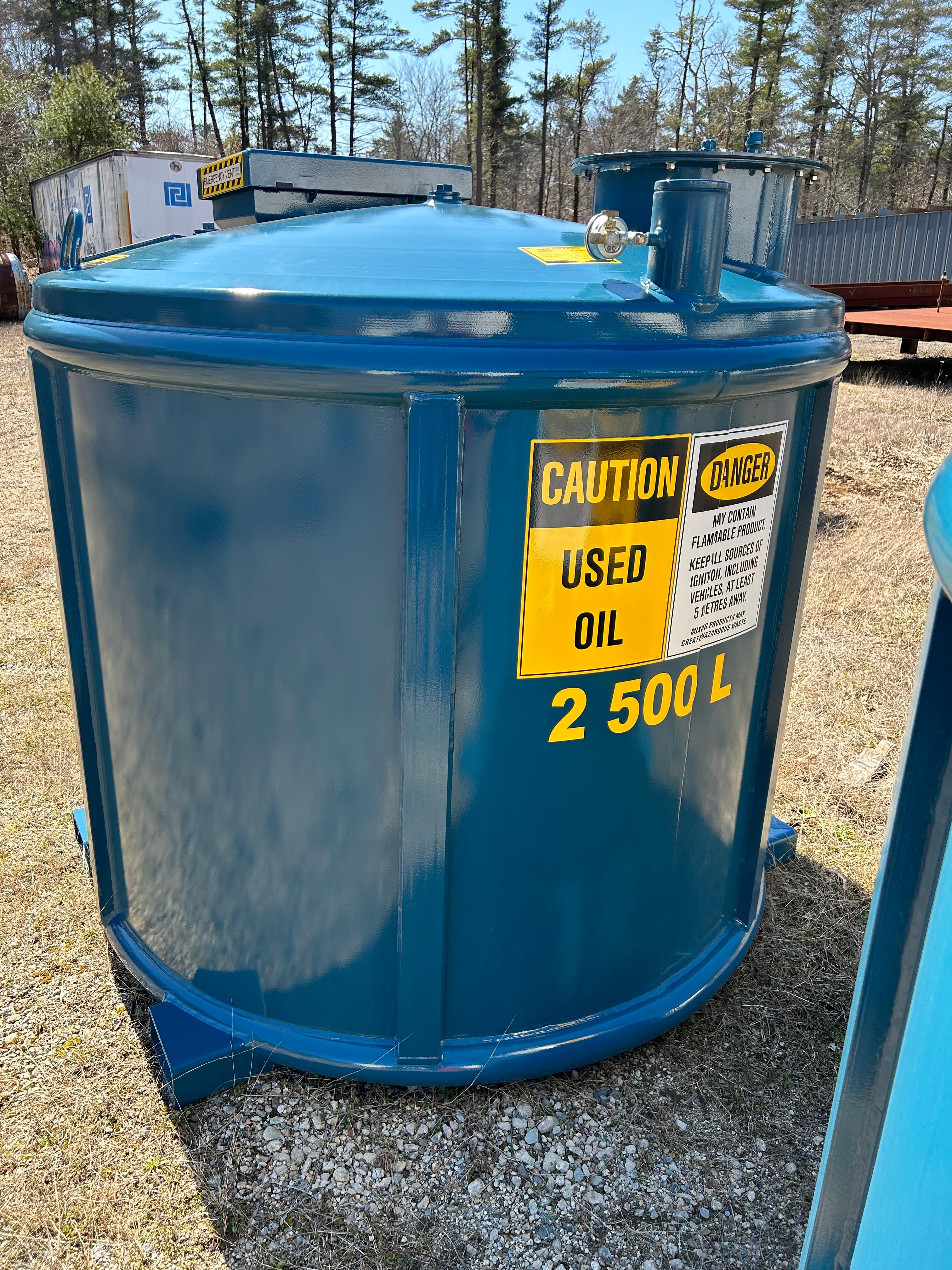Protecting Our Planet: The Vital Role of Waste Oil Tanks in Industry
Within the realm of waste management, waste oil presents a unique challenge due to its potential environmental hazards. To address this challenge, industries and businesses rely heavily on waste oil tanks, and sophisticated storage systems engineered to meet stringent regulatory standards and ensure safety, resource recovery, and cost efficiency.
- Regulatory Compliance: A Foundation of Safety and Compliance
Waste oil is filled with pollutants and contaminants that, if improperly handled, can pose significant risks to the environment. Waste oil tanks provide a critical solution by offering a controlled environment for storing and managing waste oil. By adhering to strict regulatory guidelines governing waste oil storage, these tanks help businesses maintain compliance with local, state, and federal regulations, mitigating the risk of environmental harm and legal repercussions.
- Safety: Mitigating Hazards through Engineered Solutions
The inherent flammability and toxicity of waste oil underscore the importance of stringent safety measures. Waste oil tanks are meticulously designed to mitigate these hazards, incorporating features such as double-walled construction, leak detection systems, and corrosion-resistant materials. By containing waste oil within secure enclosures, these tanks minimize the risk of spills, fires, and environmental contamination, ensuring the safety of workers and surrounding ecosystems.
- Resource Recovery: Maximizing Value through Repurposing
While waste oil may no longer serve its original purpose, it still harbors significant value in the form of recyclable materials. Waste oil tanks play a crucial role in resource recovery by providing a centralized collection point for waste oil. This facilitates efficient recycling and reprocessing efforts, allowing businesses to extract valuable resources such as fuel oil or lubricants from waste oil streams. For example, waste oil is commonly used for heating applications (see picture below). By optimizing resource utilization, waste oil tanks help businesses minimize waste and reduce their environmental footprint.
- Cost Efficiency: Driving Operational Savings through Effective Management
Investing in waste oil tanks offers tangible financial benefits for businesses. By preventing costly spills, minimizing the risk of environmental liabilities, and facilitating resource recovery, these tanks contribute to overall operational efficiency. The initial investment in high-quality waste oil tanks translates into long-term cost savings, as businesses avoid costly cleanup efforts, regulatory fines, and potential damage to their reputation. Additionally, the strategic management of waste oil through dedicated storage systems enhances overall process efficiency, further optimizing operational costs.
Waste oil tanks are critical components of any industrial operation. Through their adherence to rigorous regulatory standards, robust safety features, facilitation of resource recovery, and contribution to cost efficiency, these tanks play a vital role in safeguarding the environment while supporting the operational needs of businesses. Mass Tank is the sole US distributor for Myers Waste Oil Tanks, a high-quality waste oil tank system specialized designed to capture and store waste oil. In addition to the tank, Mass Tank supplies various parts and equipment to support the waste oil system, including gauges, vents, and sophisticated collection systems. Be sure to get in touch today to discuss any waste oil needs!







